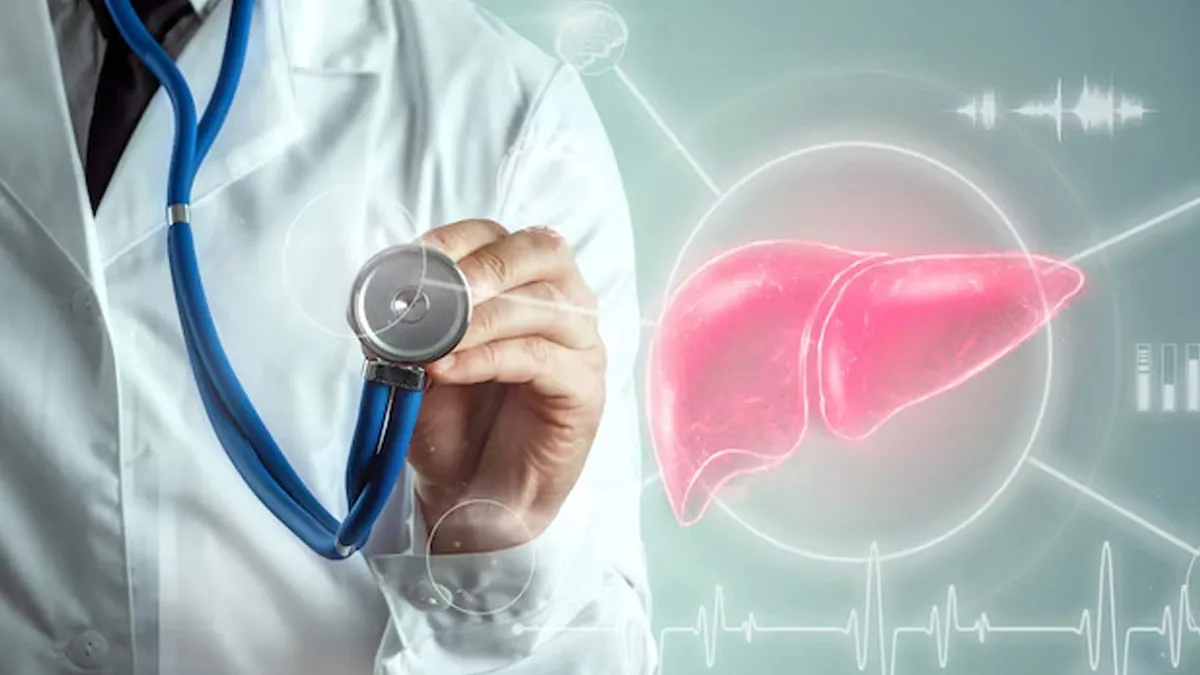
When we think about our overall health, we usually focus on the gut, brain, and heart. But what about the organ that works away in the background, regulating metabolism, getting rid of contaminants, and even fixing itself when it's damaged? Yes, we are referring to the liver. It is a marvel of nature since up to 90% of its tissue can regrow. The issue is that modern lifestyle choices put too much strain on your liver, even though it is designed to recover itself.
Table of Content:-
By doing things like overusing painkillers and following phoney detox trends, we unwittingly place a great deal of strain on this essential function. We reached out to Dr Pramod Kumar DA, Consultant – Hepatology and Liver Transplant Physician, Gleneagles BGS Hospital, Kengeri, Bengaluru, who explained how liver regeneration happens and how we can avoid jeopardising our detoxification system.
Science of Liver Regeneration
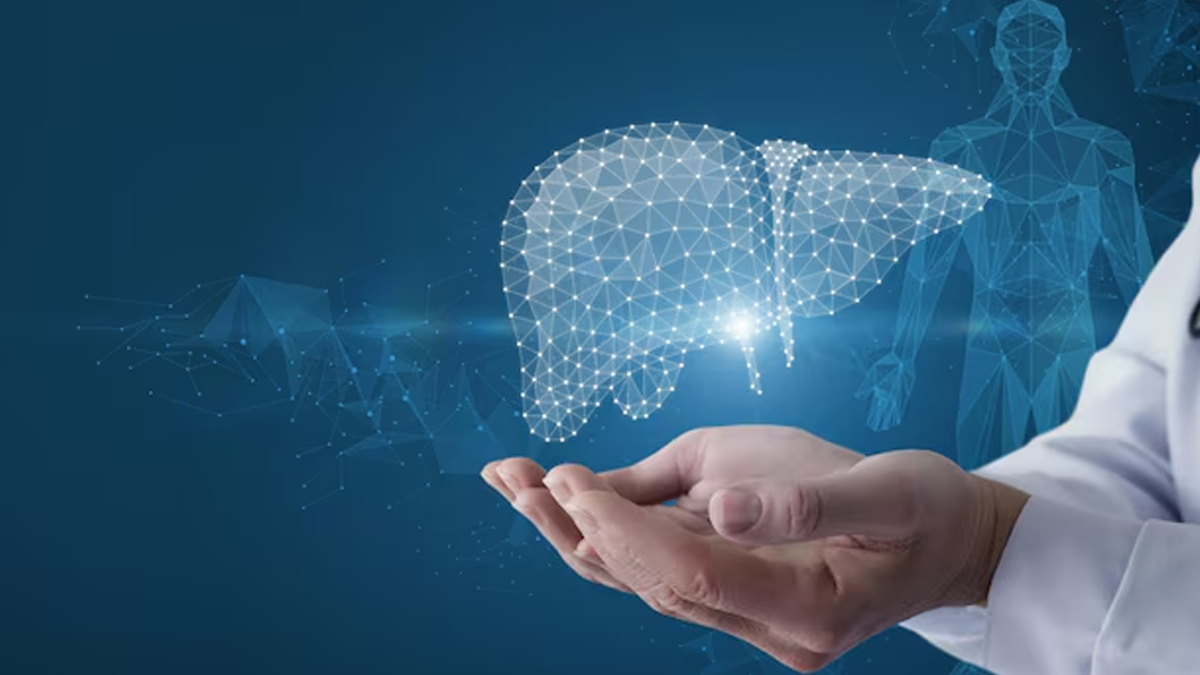
The liver is one such organ that is capable of self-regeneration. "This suggests that even if a portion of the liver is removed or injured, the remaining liver cells (hepatocytes) can multiply and resume their normal function. This unique ability is driven by a complex network of stem cells and growth hormones," explained Dr Kumar.
The issue is that the liver is not invincible, even with its strength. If it is regularly exposed to toxins, whether from drugs, alcohol, or a poor diet, it gradually loses its ability to recover. "Over time, severe damage can lead to fibrosis or scarring, which may progress to cirrhosis, a stage where the liver is permanently impaired and unable to function properly. At this point, regeneration significantly slows down, increasing the risk of liver failure or cancer," added Dr Kumar.
Also Read: India's Liver Disease Crisis: Expert Explains Why Non-Drinkers Are At Risk
Hidden Dangers: Everyday Habits That Harm Your Liver
Most people tend to neglect liver health until a problem arises. However, some of the daily activities we engage in may be gradually damaging this vital organ. The following are a few unseen criminals:
Over-the-counter pain medications
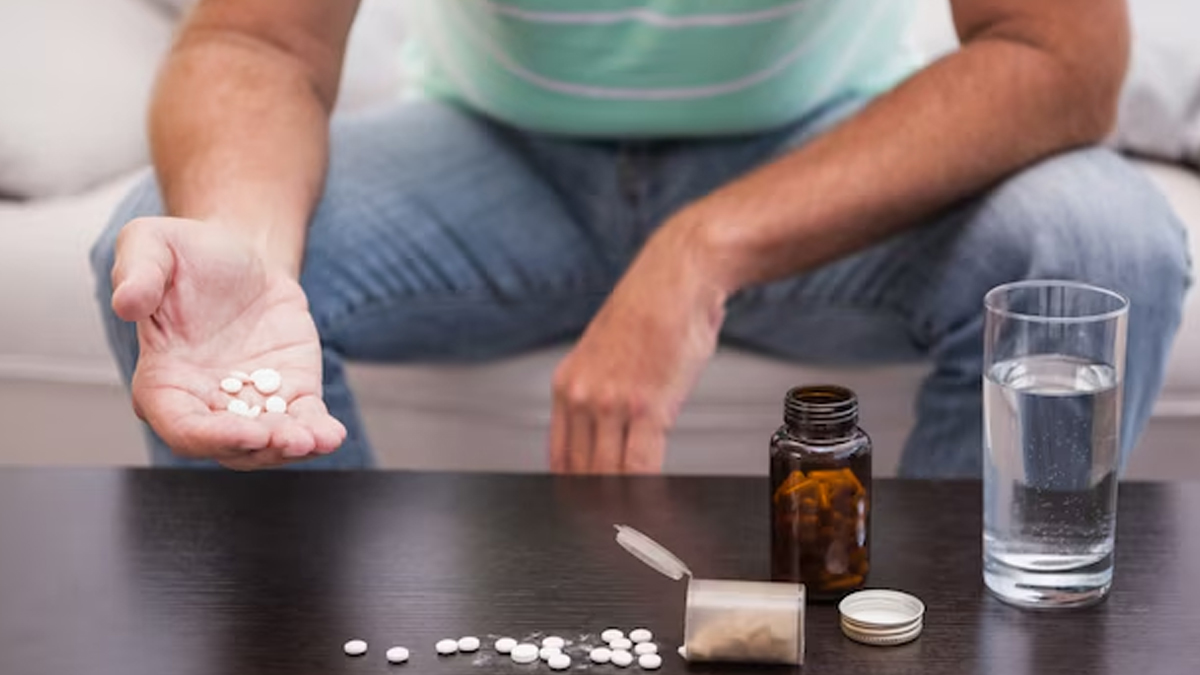
While common pain relievers and NSAIDs are widely used, excessive or frequent consumption can damage the liver, particularly acetaminophen, which is a major contributor to drug-induced liver failure when taken in large doses.
Crash diets and extreme fasting
Does your body 'cleanse' through severe calorie restriction or a juice fast? Think again. "Rapid weight loss can put excessive strain on the liver, potentially triggering fatty liver disease. To properly operate, the liver requires certain nutrients, which might be depleted by severe dieting," said Dr Kumar.
Herbal supplements and detox beverages
Ironically, many alleged liver detoxes might be more detrimental than beneficial. Supplements containing ingredients like green tea extract or kava may lead to liver damage.
Alcoholic drinks and processed foods
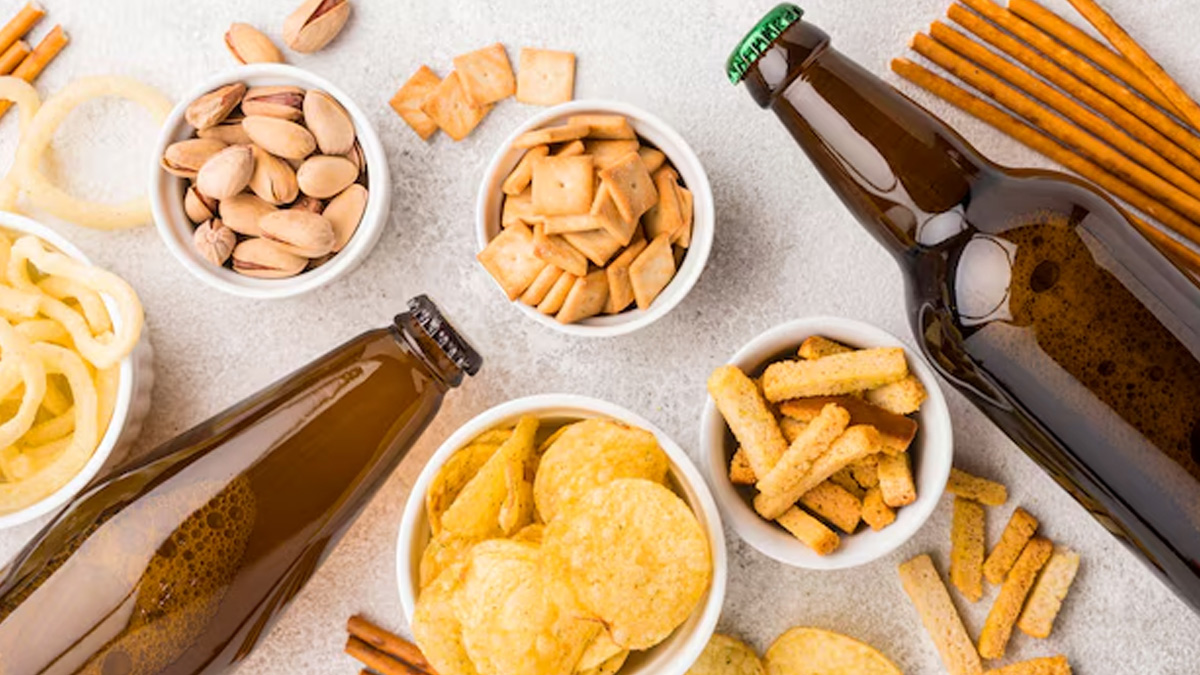
Many people know that alcohol is toxic to the liver, but consuming a diet high in processed foods and sugary beverages can also be damaging. The rise of Nonalcoholic Fatty Liver Disease (NAFLD) is largely due to excessive fat and sugar intake, which can lead to fat accumulation in the liver and result in inflammation and scarring over time.
Also Read: Can Supplement Intake Cause Liver Damage? Find Out Here
How Much Damage is Too Much?
"Until things get out of control, the liver doesn't exhibit any warning symptoms. By the time signs like jaundice (yellowing of the skin), chronic exhaustion, or unexplained weight loss manifest, the liver may have already sustained serious damage," explained Dr Kumar.
How To Prevent Liver Damage?
Preventive care is essential because you don't want to disregard your liver until it's in crisis mode. However, your liver can heal itself if you provide it with the proper conditions.
Consume Foods Beneficial To Your Liver
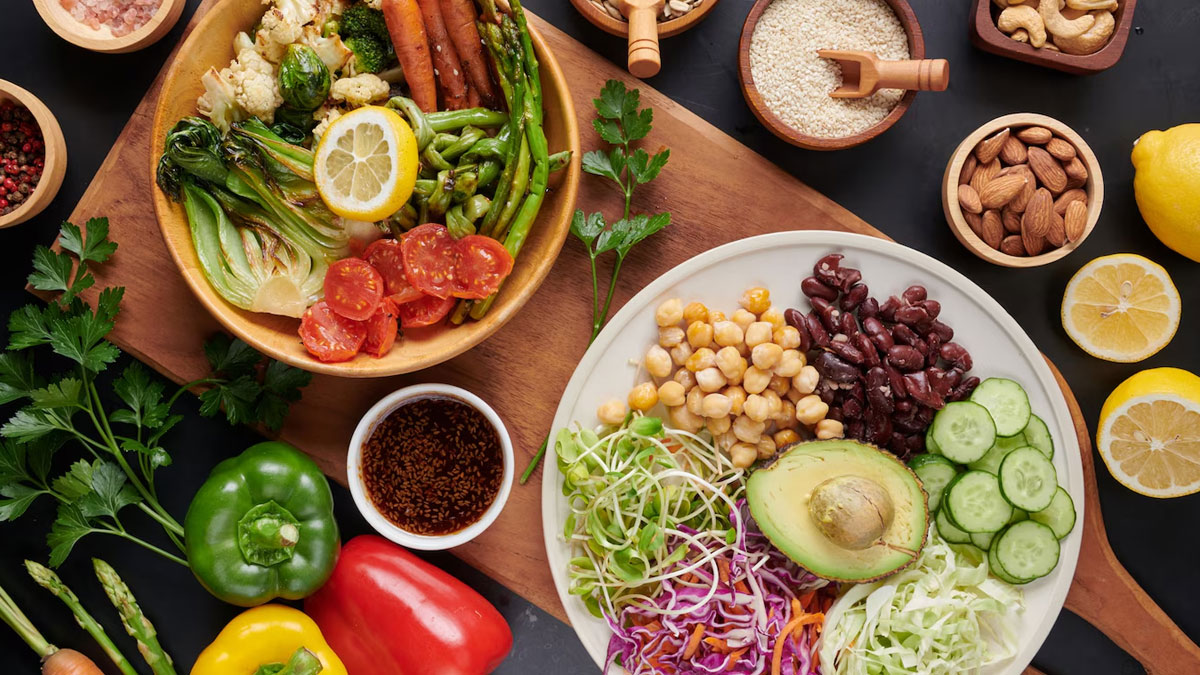
- Nutrient-rich foods are beneficial to your liver. Hence, consume leafy greens and cruciferous vegetables, such as spinach, broccoli, and Brussels sprouts, to help flush out pollutants.
- Whole grains and healthy fats, such as nuts, seeds, and olive oil promote metabolic health.
- Lean proteins that supply vital amino acids for liver repair include fish, eggs, and lentils.
Adequately Hydrate
Drinking water is crucial for the body's detoxification. At least eight cups should be consumed daily to maintain healthy liver function.
Limit Alcoholic and Sugary Beverages
You don't have to give up alcohol entirely, but moderation is essential. Men are advised to stick to a maximum of two drinks, while women should keep it to just one. Limit sugary drinks and processed fruit juices as they may exacerbate fatty liver disease.
Be Aware About Supplements and Drugs
Make sure you read labels carefully and don't use painkillers unless you have to. Check with your doctor before taking herbal supplements to make sure they are safe for your liver.
Message From The Expert
“Regular exercise helps prevent obesity, a key risk factor for liver disease, decreases liver fat, and improves blood circulation. Even a short daily walk can have an impact. Your liver can only take so much, even if it works tirelessly for you. In today's busy society, when convenience typically trumps health, it's easy to overlook this essential organ,” said Dr Kumar.
“Making little, consistent changes like eating a balanced diet, drinking lots of water, and taking your medications as directed will help your liver stay strong and healthy. After all, maintaining a healthy liver involves more than just cleansing,” concluded Dr Kumar.
[Disclaimer: This article contains information provided by an expert and is for informational purposes only. Hence, we advise you to consult your professional if you are dealing with any health issue to avoid complications.]
Also watch this video
How we keep this article up to date:
We work with experts and keep a close eye on the latest in health and wellness. Whenever there is a new research or helpful information, we update our articles with accurate and useful advice.
Current Version